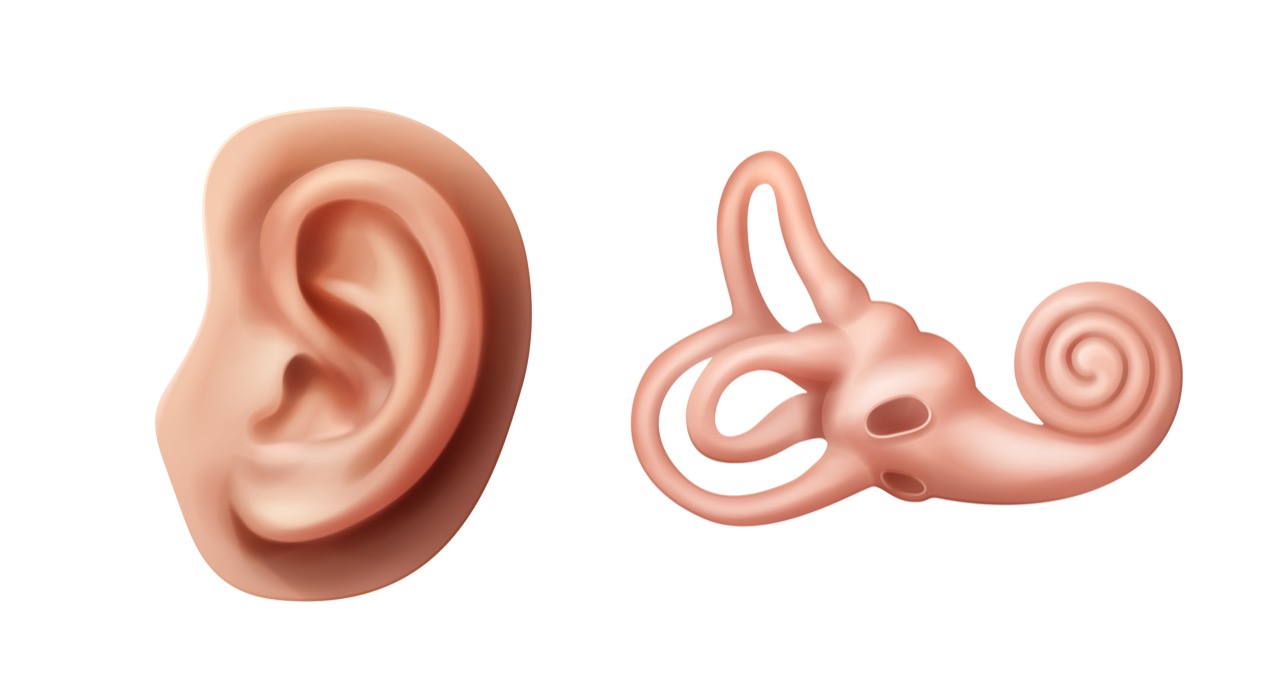Cochlear implant is helpful in partially restoring hearing. It is basically an electronic device that electrically stimulates the cochlear nerve (the nerve for hearing). It is a boon for the people who have severe hearing loss from inner-ear damage who are no longer helped by using hearing aids. An ordinary hearing aid just makes sound louder whereas a cochlear implant improves the ability to understand the speech. When a person struggles to understand speech, even with appropriately fitted hearing aids, a cochlear implant should be considered.

When do you need cochlear implant?
If you suffer through a major hearing loss and experience following conditions, then a cochlear implant can be quite helpful.
- Hearing with a poor quality
- Miss half or more of spoken words, without lip reading, even when wearing hearing aids
- Not helped by other hearing aids
- Dependent majorly on lip reading.
Improvements observed in people who have undergo cochlear implant:
- Ability to find where sounds are coming from
- Sense distinct sounds like footsteps or a phone ring.
- Ability to listen in a noisy environment
- Understand speech with less need to lip read
- Enjoy television programs music and funny conversations.
The audiology vertical at AHRI Gwalior is the best institute in the region to undergo cochlear implant. With a team of highly qualified and well-experienced doctors, the institute offers diagnostic evaluations to people having speech, hearing, language, and communication difficulties. It is committed to ensuring excellent outcomes for the patients by the effective use of technology, taking care of their satisfaction and safety as well.
Being pioneered in Madhya Pradesh, the audiology vertical at AHRI Gwalior provides the best cochlear implant accompanied by the best possible care, and that too at nominal expenses.



